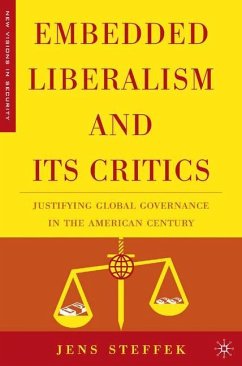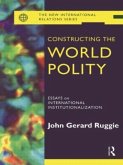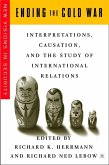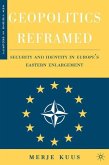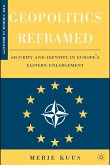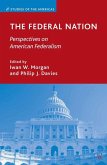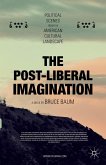"A sophisticated analysis showing the importance of 'ideas' and normative conceptions in 'normal' international politics."
- Friedrich Kratochwil, European University Institute, Florence"An interesting, insightful, and accessible account of the nexus between justice, legitimacy, and international institutions, this book provides valuable reading for anyone interested in questions of global governance." - Amrita Narlikar, University Lecturer in International Relations, University of Cambridge; Author of The World Trade Organization: A Very Short Introduction (2005)"Jens Steffek's book breaks new ground in developing a theoretical framework for the empirical study of legitimacy in global governance. Despite 'legitimacy' being a notoriously difficult nut to crack conceptually, Steffek's empirical application avoids the pitfalls of oversimplification and muddiness by focusing on how norms of justice and fairness provide important discursive resources to create perceptions of legitimacy. Power and interest still matter in Steffek's formulation, but he shows that justice and fairness arguments underpinned the positions of both powerful and weaker states, ultimately affecting the scope and substantive policy outcomes of institutions at the center of international economic order and environmental governance." - Steven Bernstein, Associate Professor of Political Science, University of Toronto
- Friedrich Kratochwil, European University Institute, Florence"An interesting, insightful, and accessible account of the nexus between justice, legitimacy, and international institutions, this book provides valuable reading for anyone interested in questions of global governance." - Amrita Narlikar, University Lecturer in International Relations, University of Cambridge; Author of The World Trade Organization: A Very Short Introduction (2005)"Jens Steffek's book breaks new ground in developing a theoretical framework for the empirical study of legitimacy in global governance. Despite 'legitimacy' being a notoriously difficult nut to crack conceptually, Steffek's empirical application avoids the pitfalls of oversimplification and muddiness by focusing on how norms of justice and fairness provide important discursive resources to create perceptions of legitimacy. Power and interest still matter in Steffek's formulation, but he shows that justice and fairness arguments underpinned the positions of both powerful and weaker states, ultimately affecting the scope and substantive policy outcomes of institutions at the center of international economic order and environmental governance." - Steven Bernstein, Associate Professor of Political Science, University of Toronto

